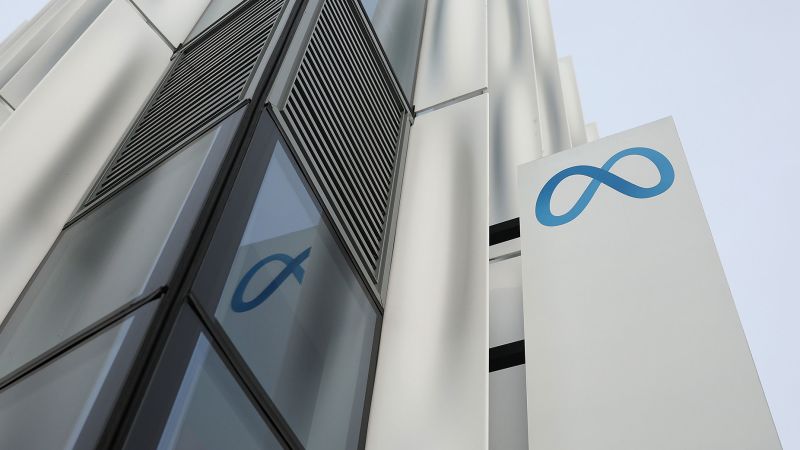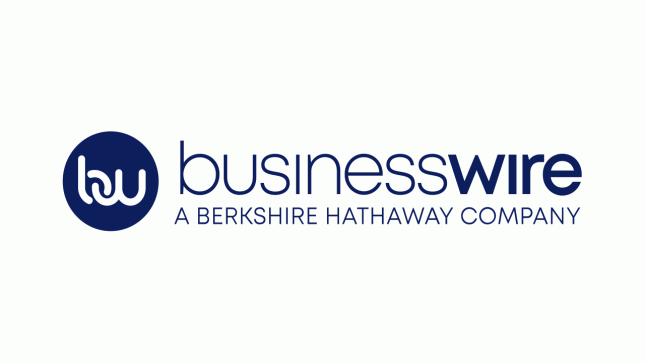Meta Faces Antitrust Charges as Black Market Facebook Groups Raise Concerns

The tech world is currently embroiled in two significant stories involving major players and potentially far-reaching consequences. One involves Meta, the social media giant, facing an antitrust trial that could reshape its structure, while the other exposes a thriving black market within Facebook groups, facilitating the buying and selling of unauthorized driver accounts for services like Uber and DoorDash.
Meta is bracing for a high-stakes antitrust trial initiated by the U.S. government. The core allegation is that Meta, under the leadership of Mark Zuckerberg, has illegally established a “social networking monopoly” through anticompetitive practices over several years. The potential ramifications are immense: If the presiding judge rules in favor of the government, Meta might be compelled to divest itself of Instagram and WhatsApp. This trial also carries broader implications for other tech giants, putting them on notice regarding antitrust scrutiny.
Adding a layer of complexity is the potential influence of former President Donald Trump. The Federal Trade Commission (FTC), the agency pursuing the case, has traditionally operated with significant independence. However, concerns have been raised about potential political interference, particularly given Zuckerberg's efforts to cultivate a relationship with Trump. These efforts include private dinners, public appearances, and platform adjustments seemingly aligned with Trump's views. Zuckerberg himself alluded to the possibility of a “productive partnership” with the U.S. government. Intriguingly, Zuckerberg was recently spotted at the White House, coinciding with reports that he was lobbying Trump to resolve the FTC case. Robert Reich, a vocal critic of both Zuckerberg and Trump, has highlighted the connection between Zuckerberg's past support for Trump and his current lobbying efforts.
The case against Meta originated during Trump's first term, with FTC commissioners investigating Meta's acquisitions of Instagram and WhatsApp. Judge James Boasberg, who will preside over the trial, adds another layer of intrigue. He previously ruled against Trump in a separate case, leading to Trump's criticism and calls for his impeachment. Despite this, Boasberg is known for his nonpartisan record.
Last month, Trump controversially fired two Democratic members of the FTC, raising concerns about the politicization of law enforcement. Rebecca Slaughter, one of the fired commissioners, warned about the potential for law enforcement to be used to target enemies and favor allies. While Trump's current stance on Zuckerberg and Meta remains unclear, his previous statements have been contradictory, ranging from accusations of plotting against him to positive remarks about their meetings.
Meta, meanwhile, is framing the trial as a threat to American innovation, arguing that breaking up the company would advantage China in critical areas like AI. The company also intends to emphasize the competition it faces from platforms like TikTok, YouTube, and iMessage.
In a separate but equally concerning development, a report by the Tech Transparency Project (TTP) has uncovered a network of Facebook groups where users are openly discussing the buying, selling, and renting of driver accounts for Uber, DoorDash, and Deliveroo. These “black market groups,” as described by TTP, potentially allow individuals to bypass background checks and driver's license requirements, posing as credentialed drivers or delivery workers.
This practice raises significant safety concerns for users who rely on the safety assurances provided by these platforms. The ability to track drivers and delivery personnel is a key element of these assurances, and the existence of fraudulent accounts undermines this system. Katie Paul, Director of the Tech Transparency Project, emphasizes the risk to users, particularly women, who rely on these platforms for safety.
Meta has stated that it will review the report and remove content that violates its rules. However, TTP argues that Meta needs to invest more in human moderators to effectively address the problem. The report highlights the ease with which these groups can be found on Facebook, suggesting a failure of the platform's automated moderation systems.
Uber and DoorDash have stated that they have safeguards in place to prevent account sharing and fraud, including identity checks and account deactivations. However, the TTP report suggests that these measures are insufficient. DoorDash has also stated they are working to dismantle the Facebook groups and hold fraudsters accountable.
The report also points out that a recent pullback by Meta on some automatic rules enforcement could exacerbate the problem. TTP fears that the reduced reliance on automated moderation will allow these black market groups to flourish, creating safety risks for users of rideshare and delivery services.
Both of these stories highlight the complex challenges facing the tech industry. Meta's antitrust trial could reshape the landscape of social media, while the black market for driver accounts underscores the ongoing struggle to ensure safety and security on gig economy platforms. Both cases raise important questions about regulation, corporate responsibility, and the balance between innovation and user protection.










